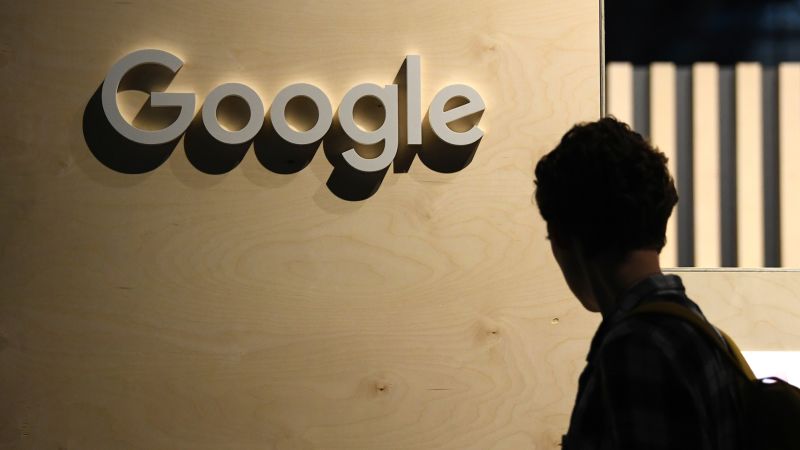Google has violated US antitrust law with its search business, a federal judge ruled Monday, handing the tech giant a staggering court defeat with the potential to reshape how millions of Americans get information online and to upend decades of dominance.
“After having carefully considered and weighed the witness testimony and evidence, the court reaches the following conclusion: Google is a monopolist, and it has acted as one to maintain its monopoly,” US District Judge Amit Mehta Mehta wrote in Monday’s opinion. “It has violated Section 2 of the Sherman Act.”
The decision by the US District Court for the District of Columbia is a stunning rebuke of Google’s oldest and most important business. The company has spent tens of billions of dollars on exclusive contracts to secure a dominant position as the world’s default search provider on smartphones and web browsers.
Those contracts have given it the scale to block out would-be rivals such as Microsoft’s Bing and DuckDuckGo, the US government alleged in a historic antitrust lawsuit filed during the Trump administration.
Now, said Mehta, that powerful position has led to anticompetitive behavior that must be stopped.
Specifically, Google’s exclusive deals with Apple and other key players in the mobile ecosystem were anticompetitive, Mehta said. Google has also charged high prices in search advertising that reflect its monopoly power in search, he added.
While the court did not find that Google has a monopoly in search ads, the broader strokes of the opinion represent the first major decision in a string of US-government led competition lawsuits targeting Big Tech. This case in particular has been described as the biggest tech antitrust case since the US government’s antitrust showdown with Microsoft at the turn of the millennium.
Google didn’t immediately respond to a request for comment.
It is not yet clear what penalties Google may face as a result of Monday’s decision, which was limited to establishing Google’s liability. A separate proceeding is likely to follow over potential consequences for the tech giant.
This is a developing story and will be updated.
Read the full article here
